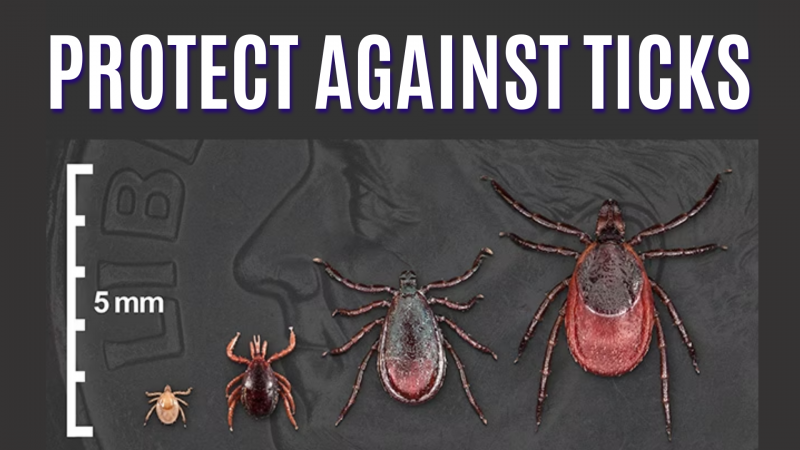Onsite Wastewater Treatment System
Wherever possible, sewage and wastewater should be collected in community sewers connected to a central treatment plant. In areas where community sewers are not available, individual onsite wastewater treatment systems (OWTS), commonly referred to as septic systems, are installed to treat wastewater.
An OWTS will adequately serve a structure only if it is properly located, designed, constructed, and maintained. OWTSs are individually designed and/or adapted for a specific site. A private OWTS consists of two main components, a septic tank and a leach field or drain field.
Sewage / Wastewater System Application
The private onsite wastewater treatment system application packet (PDF) is designed to guide property owners through the process of requesting an OWTS permit and identifying a contractor for their project. A condensed application (PDF) is also available for contractors.
CCHD does maintain a list of contractors that work in the County regularly and are familiar with the requirements in Chautauqua County. However, property owners do not have to use a contractor on the list, the list was created to assist property owners who may not know where to start with an OWTS project.
The professionally engineered OWTS packet (PDF) is designed for businesses, homeowners, etc. who have been advised by CCHD that a professionally engineered OWTS will be needed to address their specific wastewater needs. A list of Professional Engineers (PDF) available for Chautauqua County projects may be helpful.
Single Family Housing Repair Loans & Grant Opportunities
To learn more about possible U.S. Department of Agriculture: Single Family Housing Repair Loans & Grant opportunities to replace a failing OWTS, visit the USDA website: https://www.rd.usda.gov/programs-services/single-family-housing-programs/single-family-housing-repair-loans-grants-18
Right To Connect Approval
When a property owner applies for a building permit for a new building, an increase in the number of bedrooms, or a change in structure use the local Code Enforcement Officer will require a letter from CCHD to verify that the OWTS serving the structure is appropriate. The property owner must contact CCHD to inquire about approval. CCHD staff will determine if there is an existing record of the system and if the existing system is appropriate for the new structure/use.
Questions about system maintenance? Check out the NYSDOH Guidance on Septic System Operation and Maintenance and EPA Guidance for SepticSmart Homeownders.













